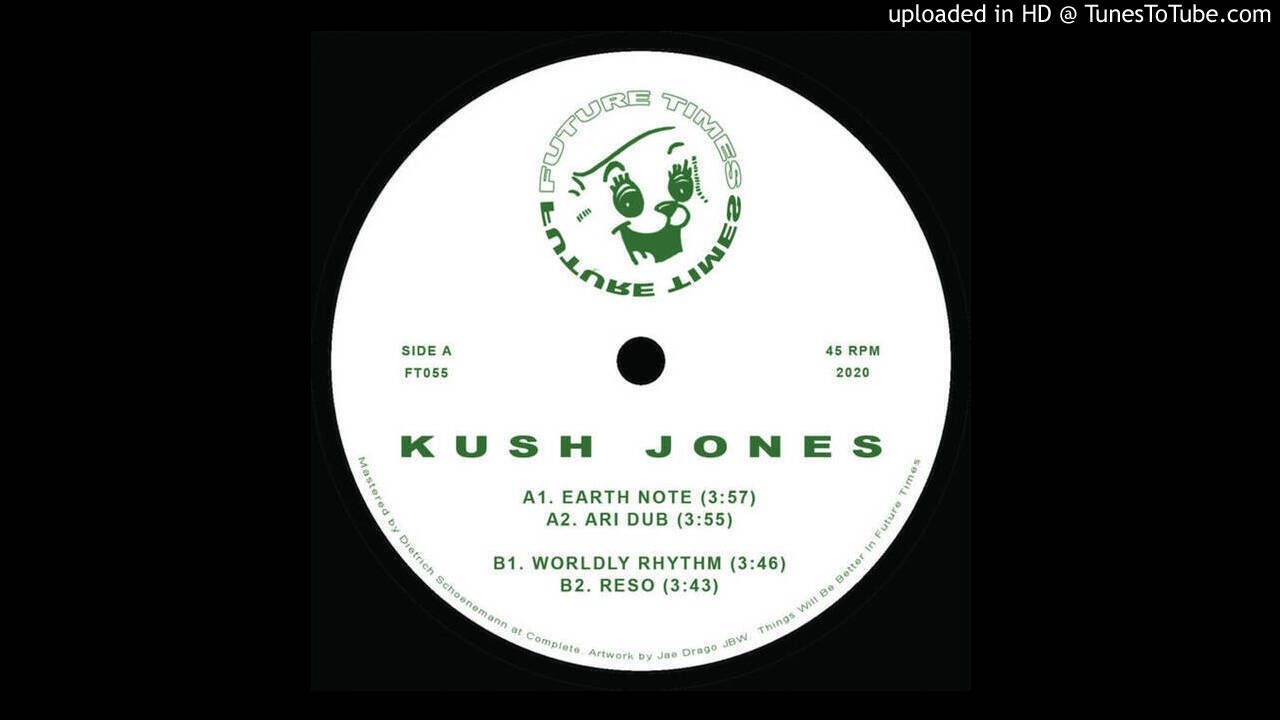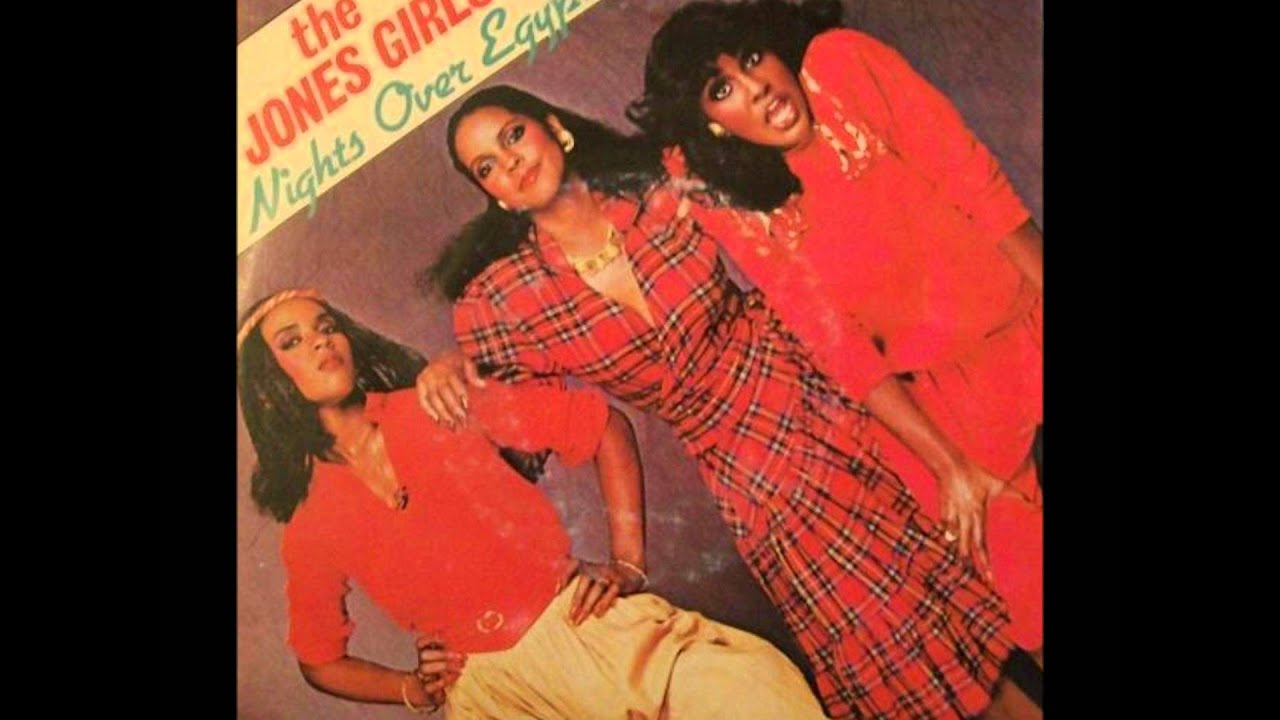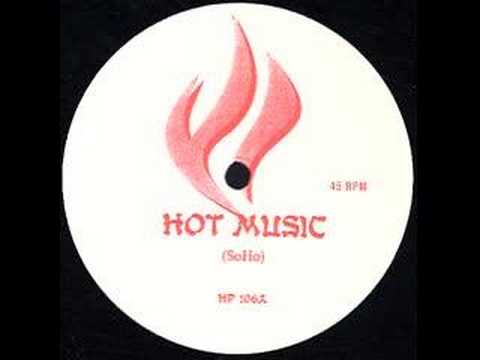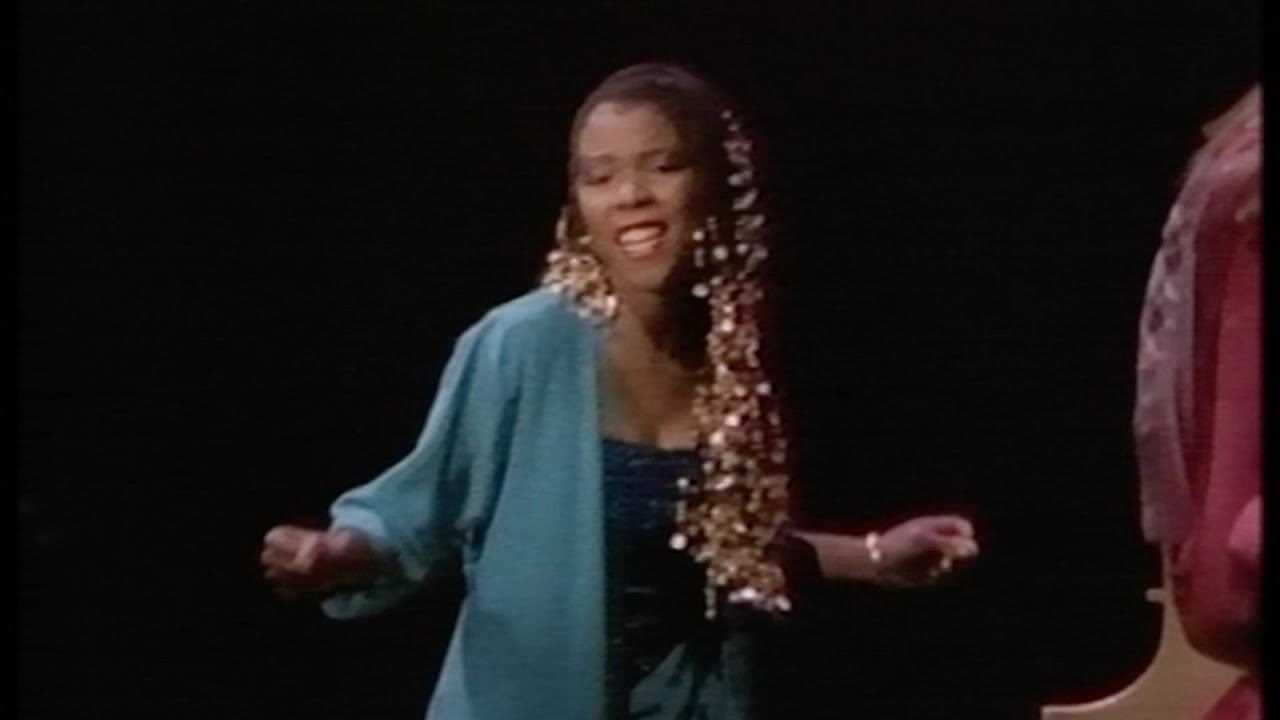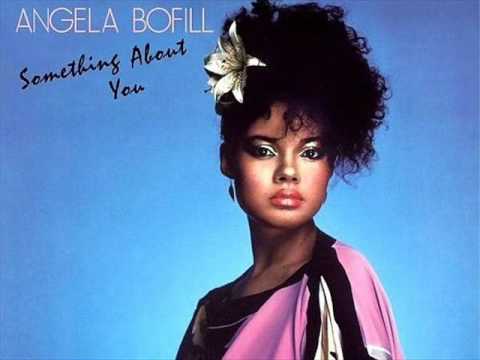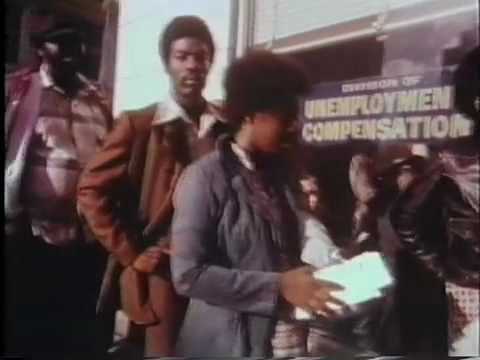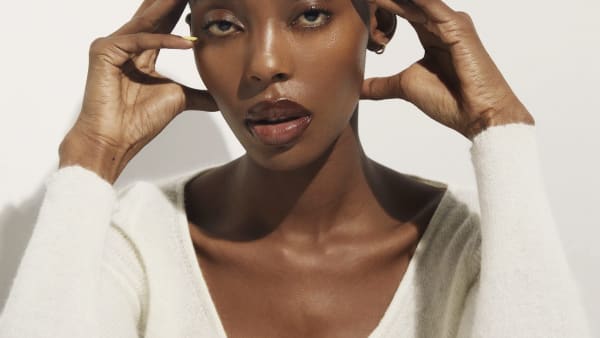
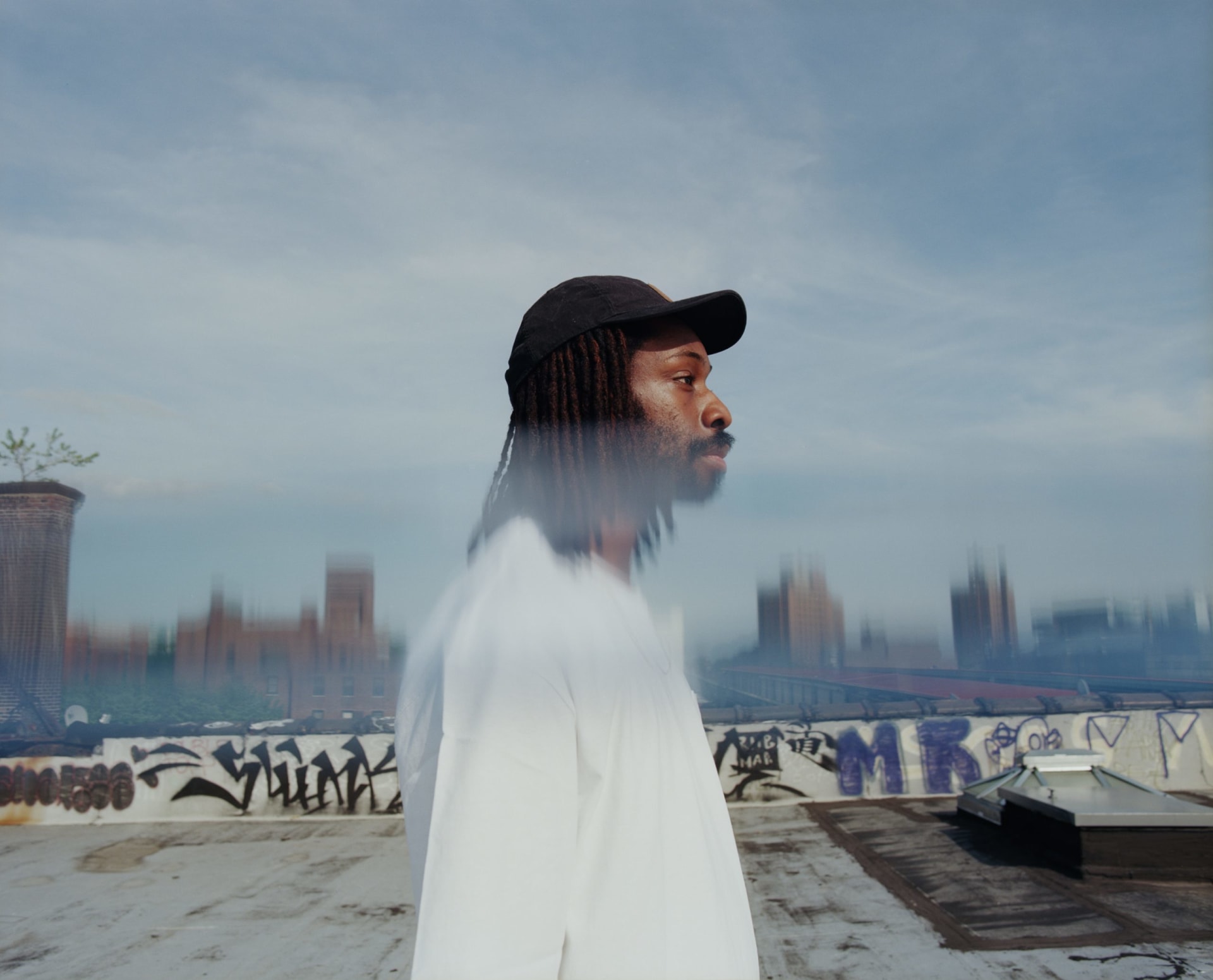
Kush Jones Is New York City’s Ever-Prolific Shapeshifter
With his new Future Times EP, the Bronx-based producer throws his weight behind the Black renaissance in dance music.
Kush Jones is so New York, he once made Marley Marl tacos while Pete Rock DJed a party in the Bronx. He stopped by the party, which was being organized by the DJ collective Uptown Vinyl Supreme, and spotted his friend Jon P at the chef’s helm. The line was getting too long for John to manage alone, so Kush jumped in to help when a large man in a suit stepped up. As he started to prepare the order, he glanced up. “I was like ‘Yo, that’s Marley Marl!,” he recounts to me over a video call from his home in the Bronx, “So we just made the tacos like you would for your homie, we made it right.”
While he’s made his name in electronic music, like any artist of a certain generation growing up in New York City and especially the Bronx, the enduring legacy of hip-hop’s pioneers was never too far away. As a pre-teen in the early 2000s watching crews like Ruff Ryders and The Diplomats redefine New York hip-hop, Kush also recalls hearing breakbeats played at middle school dances.

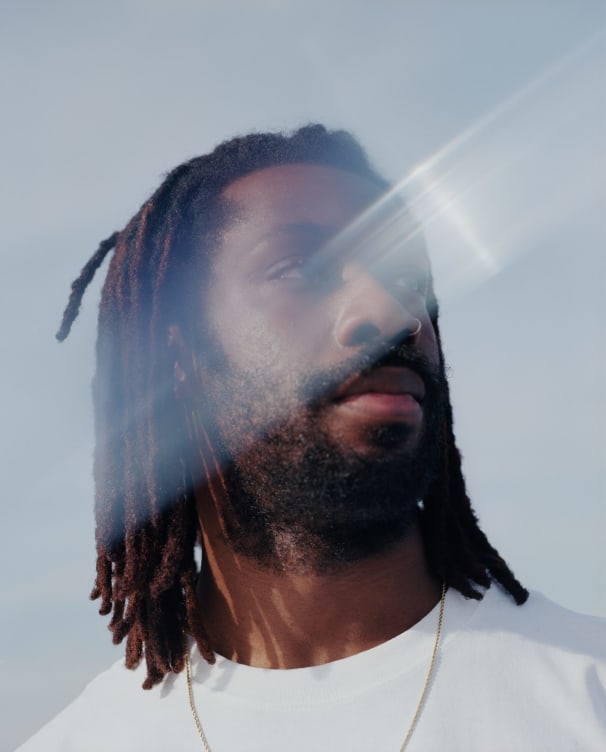
The taco night was just a happy coincidence, for now, but listening to Kush’s story, it may all be part of a greater plan. “I’m a firm believer that life was written,” he admits at another point in our conversation. To be clear, this is not to discount the enormous amount of effort the DJ and producer has put into his music over the past 12 years. “He’s definitely the most hardworking producer I know, that whole ‘Make five beats a day for three summers’ energy is an understatement for Kush,” his close friend and frequent collaborator DJ Swisha tells me over email.
Prolific is a word often associated with Jones. Take a pass at any press mentions over the past year and you won’t fail to notice a nod to his 20 Bandcamp releases over the past four years–most notably his series of high energy DJ tools and club bangers, Strictly 4 My CDJZ. And that’s just what he’s released independently. Pop on over to Juke Bounce Werk’s page, the LA-based collective he joined in 2015, and you’ll find a slew of tracks across various compilations and his 2017 footwork inspired EP Momentum. Though he’s frequently associated with the Chicago dance style, he’s never felt beholden to just one genre and feels more comfortable shapeshifting across the spectrum of Black dance music from bright, sun-soaked house to rhythmic blends of soca and juke. It’s a similar principle he applies to DJing, “I’ve been trying to tell people: if it floats around the same tempo, you can get away with that. The DJ police are not gonna come get you,” he jokes. His flexibility is perhaps most on display on his latest EP with Washington D.C-based label Future Times.

The record is his first solo release on vinyl, a feat that Kush describes as mostly chance. He sent a folder of tracks over to Max D at Future Times who, after selecting his top four, asked if Kush would be down to press it to wax. While some artists take measured steps to milestones such as these, fretting over marketability and strategic placements, Kush keeps it pretty simple, “I didn’t get into any of this to be marketable. I’m even surprised people want to hear shit from me. To this day, I make music because it brings me joy.” His joy and pure love of the craft are palpable across the four tracks that make up the EP. The shimmering synths of “Earth Note” oscillate between classic Chicago house and Detroit techno, while standout “Ari Dub” defies classification with rhythmically distinct layers of percussion–most notably the clattering bells–masterfully held together with a smoothed-out bass line. On the B side,“Wordly Rhythm,” channels the global diaspora, and would ease right into any Afro-Caribbean function. “Reso,” named after the effect in Ableton, closes out the project with a punchy club tool, poised to amp up the energy of your next DJ set.
When Kush was growing up in the Parkchester neighborhood of the Bronx, his earliest influences came from R&B. His grandfather was a member of a doo-wop band called the Five Willows and in the car his mother would often play the now off-air KISS FM, the city’s home of “Classic Soul and R&B.” He was particularly drawn to the neo-soul hour which featured the likes of Erykah Badu and his personal favorite, Jill Scott. He credits the music for not only opening him up to different ways of using melody and groove, but also for life advice. “I go back and I listen to the words now. These songs pretty much gave you all the game you needed. They instilled values like, this is how you treat a woman, this is how you treat your dude, this is how you take care of people.”
On his own, Kush also voraciously consumed New York hip-hop—everything from the Ruff Ryders roster (The Lox, Jadakiss, and Eve) to charismatic Harlem rapper Max B, who he still calls a favorite today. “He was one of the rappers out of New York who was like it’s cool to be pretty—you can have long hair, a perm, and be flashy. It was different.” As he started to develop an interest in production, he began to explore the more leftfield corners of hip-hop. Excited about his new discoveries, he rushed to share them with his older brother.
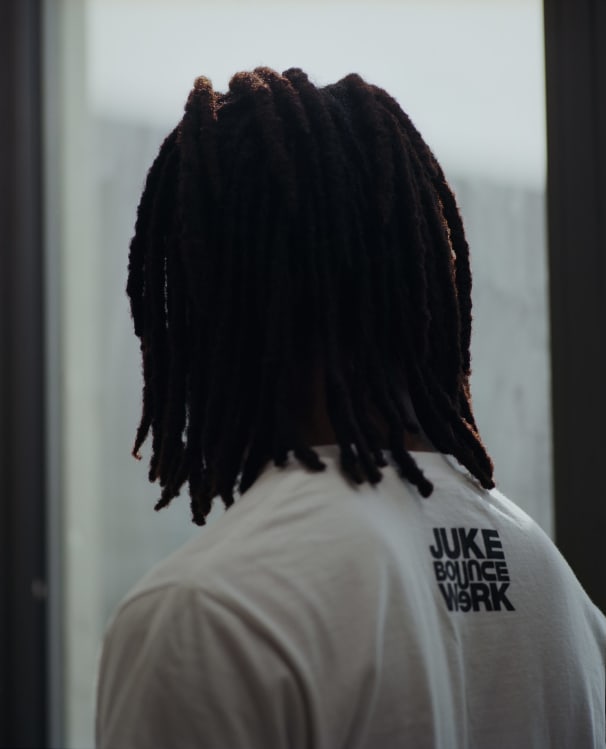
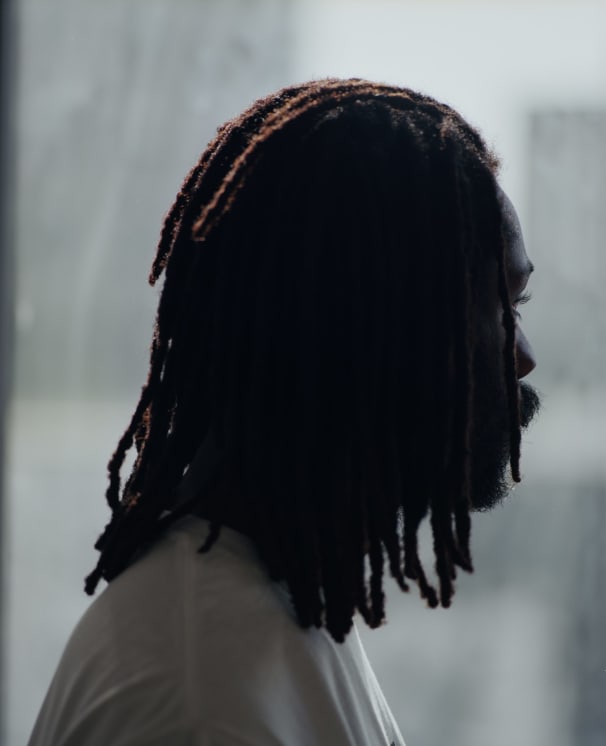
“I was talking to my brother about Madlib and J Dilla. And he’s like, ‘Yo, what about Premo [DJ Premier] and Pete Rock? Premo uses the same gear.’ My brother was the first to say, ‘I know that you know these cats but you’re definitely lacking if you don’t know these guys especially ’cause they’re from New York.’”
Remaining grounded in New York’s musical fabric is a guiding philosophy that Kush takes very seriously. If you ask him about how he got into Chicago footwork, he’ll tell you it started with New York’s parallel dance-driven genre, Litefeet. He started by watching dance videos on Litefeet producer D Cole’s YouTube page. From there, he stumbled upon WalaCam, a platform known for filming Chicago footwork battles. “It was Black DJs and Black music, basically what we have here in New York, and then it expanded. I saw that Jersey and Baltimore had a similar thing.” After an early period of making hip-hop beats, Kush refocused his music, pulling from a number of influences within juke and footwork, including Traxman, Spinn, and Rashad of Teklife and the inimitable RP Boo.
As his sound became squarely rooted in dance music, he found like-minded producers through Soundcloud, several of whom became part of his in-person community. People like New York-via-California producer DJ Swisha and fellow Bronx natives, BASSBEAR!! and El Blanco Nino were early supporters-turned-friends.

These days Kush is an established pillar in New York’s dance music scene, one that’s largely being driven by artists of color. He’ll tell you he “ain’t shit” but he lights up describing this particular moment in New York’s music history. “It reminds me of the Black renaissance in Harlem. While we have electronic music, there is all this other stuff happening too. Everyone makes whatever the hell they want.” Fellow genre-fluid artists, AceMo and MoMa Ready have become synonymous with the scene and local events like Dweller Festival, the brainchild of Discwoman’s Frankie Descaiza Hutchinson, have been critical in shining a light on the broader spectrum of young Black artists adding to the rich tapestry of Black dance music.
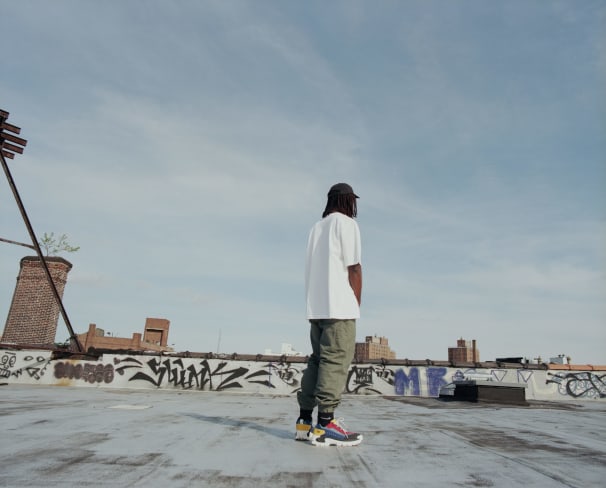
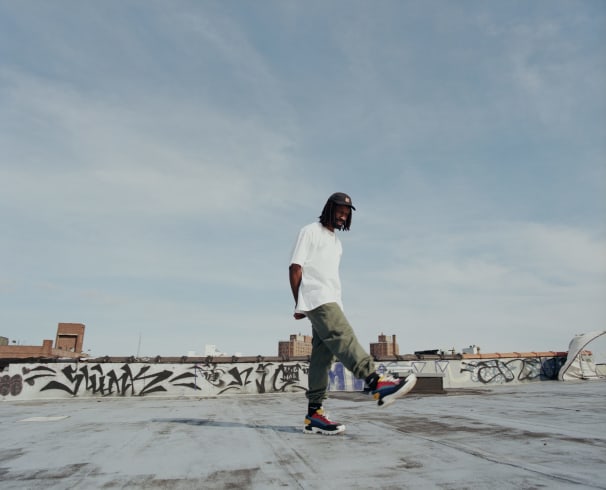
While Kush is proud of what the scene has managed to achieve in spite of systemic barriers, he’s not afraid to speak up about what still needs to change. “I’d consider Kush a voice of reason in the NYC underground scene. He’s constantly vocal about things, in person and online,” DJ Swisha adds.
To Jones, there is still a lot of work to be done. This starts primarily with how we perceive ourselves, especially for artists of color whose work is often undervalued and overlooked. But being someone whose output has never been dependent on what other people thought of him or were willing to do for him, Kush is quick to upend ingrained industry models. “There just needs to be more Black ownership,” Kush offers bluntly. “As artists, we have to make sure we’re investing our time and energy into the people that are protecting that.”
Kush Jones’s Top 5 Formative Tracks
Melodies and grooves from the artist’s childhood in the Bronx.
Jones Girls – Nights Over Egypt
“My grandfather left behind a bass guitar after he passed and I always wanted to learn bass guitar so I could play the baseline from this song. This was one of the tracks I always heard on KISS FM growing up, and I sampled the track a couple times when I started making music.”
Soho – Hot Music
“This song would come on at every school dance in middle school and every cookout and, as soon as it did, the energy was just instant. This was probably the first “dance music” record I heard growing up.”
Patrice Rushen – Forget Me Nots
“As far as Black female artists, Patrice Rushen is super slept on! Everybody recognizes this sample from Men In Black but I like the original because I listen to a lot of old head uncle type music – once you hear this come one, everybody gets hype and starts two-stepping.”
Angela Bofill – Time to Say Goodbye
“This song reminds me of young love. As a kid, I don’t want to say that your first relationships aren’t meaningful, but you usually get over it pretty quickly. But whenever I’d hear this song I’d get sad again. It just pulled at the heart, and it’s so soulful too. She’s a great singer.”
Gil Scott Heron – The Bottle
“My mom really liked Gil Scott Heron. He’s an iconic voice that I would hear a lot growing up. Listening to this song reminds me a lot of struggles within my family. It’s cool too because he was talking about some deep shit, but the song was also groovy.”
Kush Jones’ EP (FT055) is out now on Future Times.
Jessica Kariisa is a freelance writer based in New York.
Published June 22, 2020. Words by Jessica Kariisa, photos by Guarionex Rodriguez Jr.

